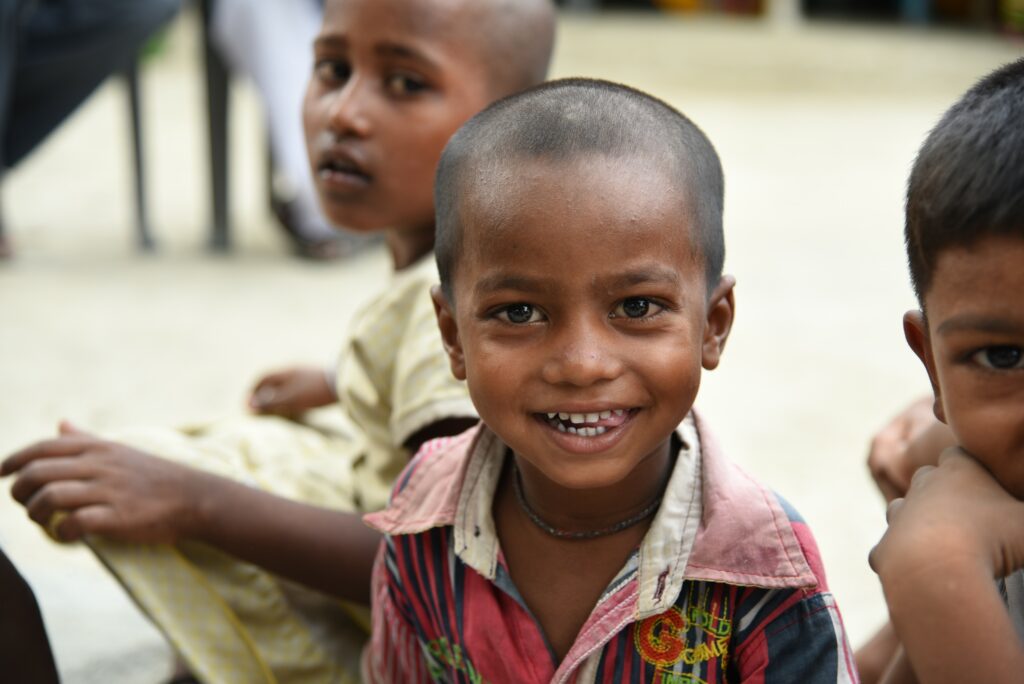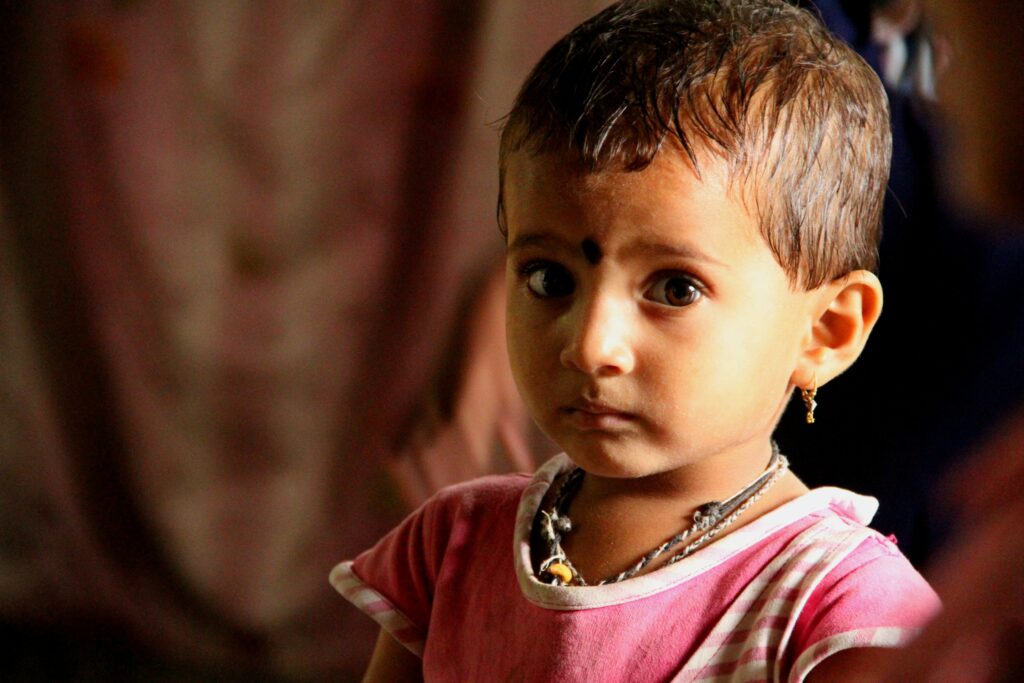
The Importance of Children’s Mental Health in Rural India
Summary/TL;DR on Mental Health in Rural IndiaMental health is crucial for children's overall well-being and development, especially regarding men....
Read MoreSanitation plays a crucial role in maintaining child health in India. It encompasses access to clean drinking water, hygienic toilet facilities, and proper waste management. Despite significant progress over the years, poor sanitation remains a major cause of child mortality and disease. Understanding the link between sanitation and child health is essential to creating a healthier future for India's children.

Access to clean and safe sanitation directly impacts a child's physical and mental health. Proper sanitation reduces the risk of infectious diseases, supports nutritional health, and promotes overall well-being. Poor sanitation can have long-term effects on growth and cognitive development for children, especially those under five.
Inadequate sanitation leads to waterborne diseases, malnutrition, and stunted growth. Contaminated water and unsanitary environments expose children to repeated bouts of diarrhea, which can weaken their immune systems and cause life-threatening dehydration. Moreover, poor sanitation contributes to the spread of parasitic infections, affecting children's ability to absorb nutrients and grow healthily.
Children are particularly vulnerable to a range of diseases linked to poor sanitation, including:
Sanitation issues are especially severe in rural areas of India, where a lack of basic facilities poses a direct threat to child health. Despite efforts to address these challenges, progress remains uneven.
In rural India, many households still lack access to clean toilets and safe drinking water. Open defecation exposes children to harmful pathogens, and untreated water sources increase the risk of disease outbreaks. Girls are particularly affected, as poor sanitation can deter them from attending school, impacting their education and future opportunities.
Recognizing the importance of sanitation and child health, the Indian government has launched several initiatives, including:
Improving child health goes beyond infrastructure — it requires fostering good hygiene habits and raising awareness.
Teaching children the importance of handwashing with soap before meals and after using the toilet can drastically reduce disease transmission. Access to clean drinking water protects children from waterborne illnesses, reinforcing their overall health.
Sustained behaviour change is key to improving sanitation. Community-led initiatives that promote hygienic practices empower families to create clean environments for their children. Educating parents and children about the connection between sanitation and child health fosters lasting change.
CRY - Child Rights and You works tirelessly to improve sanitation and child health in India by:
Sanitation is crucial for preventing waterborne diseases, reducing malnutrition, and promoting overall well-being among children. It ensures a clean environment, lowering the risk of infections and supporting healthy growth.
Common diseases linked to poor sanitation include diarrhoea, cholera, typhoid, hepatitis A, and intestinal worm infections.
CRY focuses on building toilets, promoting hygiene education, advocating for policy changes, and engaging communities to create safe and clean environments for children.
Efforts should include building clean toilets, ensuring access to safe drinking water, educating communities about hygiene, and supporting government initiatives like Swachh Bharat Abhiyan.
You can make a real difference by contributing to a children's health donation today.